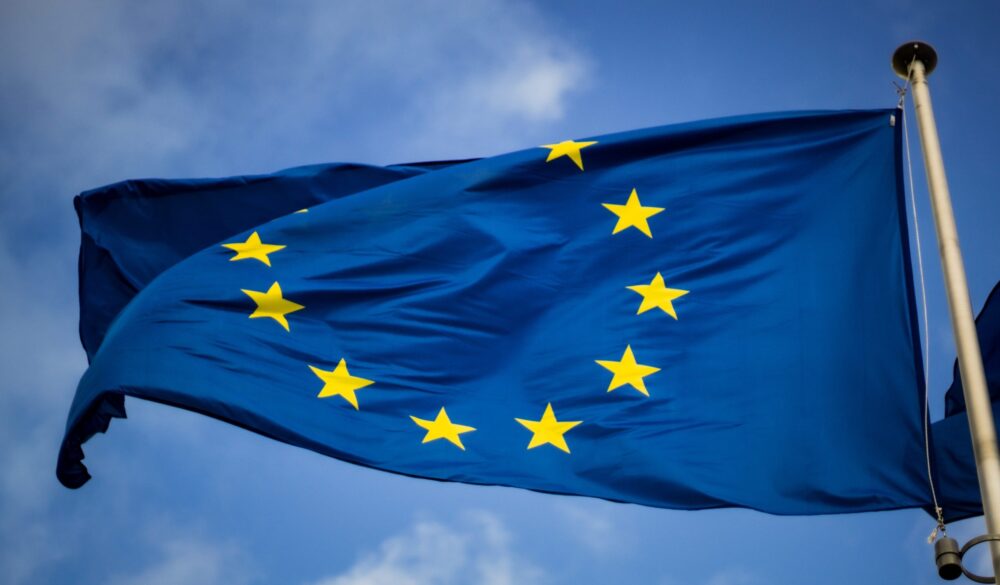
Since its launch in 2014, the Veganuary campaign has generated a global buzz and 2022 has been no exception, with a record breaking 610,000 people officially pledging to adopt a vegan lifestyle for the month of January.
However, it’s not just consumers that are jumping on board with this trend, many businesses have also taken it as an opportunity not only to boost sales through releasing new vegan product lines, but also to adopt a more ethical brand image.
But how effective is involvement with Veganuary in boosting brand image perceptions?
Using data from BrandVue, our daily brand tracking tool, we’ve taken a look at the influence this campaign has had on some of the UK’s household names.
Across a wealth of brands, January uplifts in key image areas associated with veganism are much more significant within the Gen Z population
Greggs Vegan Sausage Roll: a model example
The campaign has been the origin of many of our much-loved vegan classics today, including the Greggs Vegan Sausage Roll, released back in January 2019.
Few brands know better than Greggs, the benefit of harnessing consumer demand for vegan products, as they boasted a 13.5% increase in total sales during 2019; an impressive achievement in an industry which was back then significantly struggling. However, the Vegan Sausage Roll provided much more than just financial benefits for Greggs, with BrandVue data indicating that positive buzz was up six percentage points in 2019 (34%) from the previous year, alongside a 5%-point increase in its NPS score. It certainly seems to have left a legacy which has encouraged a shift in perceptions of the brand. But can this be replicated by other brands in 2022?
Who is involved this year?
The Veganuary campaign seems to have touched almost all sectors within the food industry this year, with new products being launched across supermarkets, coffee shops, fast food chains and restaurants. Some of the products and brands receiving the most media attention include:
- M&S and its Plant Kitchen range, including 175 new vegan products
- Burger King’s and its vegan nuggets
- Subway’s new ‘Tastes Like Chicken Tikka’ and ‘Tastes Like Steak’ vegan sandwiches
- Domino’s vegan Pepperonay pizza
- Babybel’s plant-based mini cheeses
- Starbuck’s Tu’NAH sandwich
Many brands have showcased these new products through a variety of social media campaigns, online advertisements and in-store posters in the hope of spreading the positive message of Veganuary, whilst simultaneously elevating their own brand image.
But how successful have they really been?
Starbucks might be regarded as one of the key players in this year’s campaign, opting to abandon its levy on non-dairy milks and introducing one of the more innovative vegan products to appear on the market – the Tu’NAH sandwich (a fishless ‘Tuna’ sandwich created in collaboration with The Vegetarian Butcher). It’s perhaps unsurprising then that the coffee shop chain saw Positive Buzz rise almost five percentage points (24%) and Brand Love increase by three (17%) between December 2021 and January 2022.
Whilst introducing innovative products and altering the fundamentals of its vegan pricing has certainly served as an effective marketing tool for Starbucks, has it transpired into shifting brand perceptions?
As such a well-established brand, with image associations particularly deep-rooted in consumers minds, it’s no surprise that perceptions for the most party do not seem to have changed much between the months of December 2021 and January 2022.
But whilst Starbucks’ Veganuary campaign may have had a limited impact on brand perceptions for all UK adults, when we look at perceptions of Gen Z alone (a core target audience for vegan products) there are marked uplifts for a variety of relevant image descriptors. The proportion of Gen Z labelling Starbucks as ‘ethical’ increased nine-fold (10%) compared with December 2021 and was double that of the whole population (5%). ‘Environmentally friendly’ also saw a slight uplift and Gen Z were over three times more likely to classify Starbucks as ‘healthy’ and ‘new’ compared with the whole population.
We also see a similar story for other brands involved with Veganuary this year, including Subway. After its release of the ‘Tastes Like Chicken Tikka’ and ‘Tastes Like Steak’ sandwiches, Positive Buzz was up two percentage points compared with December. With Gen Z driving uplifts in brand image for ‘ethical’ and ‘environmentally friendly’ during January.
Should businesses invest in Veganuary?
The potential that the vegan market holds for businesses is vast, and involvement for brands is an effective way of both ‘ticking the box’ for CSR and also generating a positive buzz. With veganism set to expand further in upcoming years, the opportunities for businesses to harness this should not be ignored.
Although whilst Veganuary does seem to have a positive impact on Buzz for businesses, BrandVue data suggests brand image perceptions may not be influenced as much as anticipated. It’s important to remember that with the case of Greggs, this image change was a gradual process, and therefore perhaps the campaign for Starbucks needed more time to effectively land and resonate with consumers before image perceptions shifted.
Additionally, we can look to the perceptions of Gen Z, whose opinions of brands may perhaps be more fluid, to assess the impact of the Veganuary campaigns. Across a wealth of brands, January uplifts in key image areas associated with veganism are much more significant within the Gen Z population. The younger generation is a particularly powerful market as not only are they ‘the future’, but they are also typically much more involved with veganism and therefore an important audience to engage. Data from the Youthsight’s State of the Youth Nation Tracker, focussing on attitudes and trends amongst Gen Z, indicates that 11% of this market identified as vegan or vegetarian in 2021.
So, whilst Veganuary campaigns may not always have an overwhelming impact on brand image initially, they do generate a buzz which can later transpire into shifted brand perceptions, particularly amongst younger generations.
Looking to the future, perhaps brands should focus more effort on producing engaging marketing and advertising content to ensure that they effectively capitalise on the Veganuary trend. This could be centred around the products themselves, to increase exposure and awareness, or alternatively point towards the overarching message behind the Veganuary campaign. An explicit reference to the positive implications of veganism, such as its environmental and ethical impact, may be what’s necessary to ensure that consumer perceptions are genuinely challenged as a result of a brand’s participation in Veganuary.





